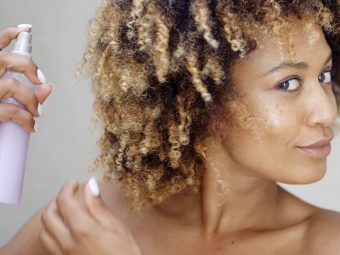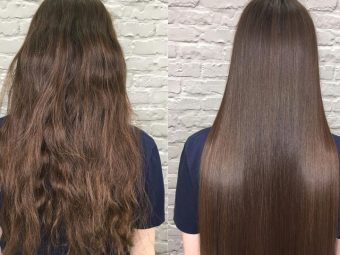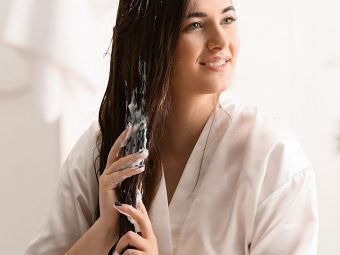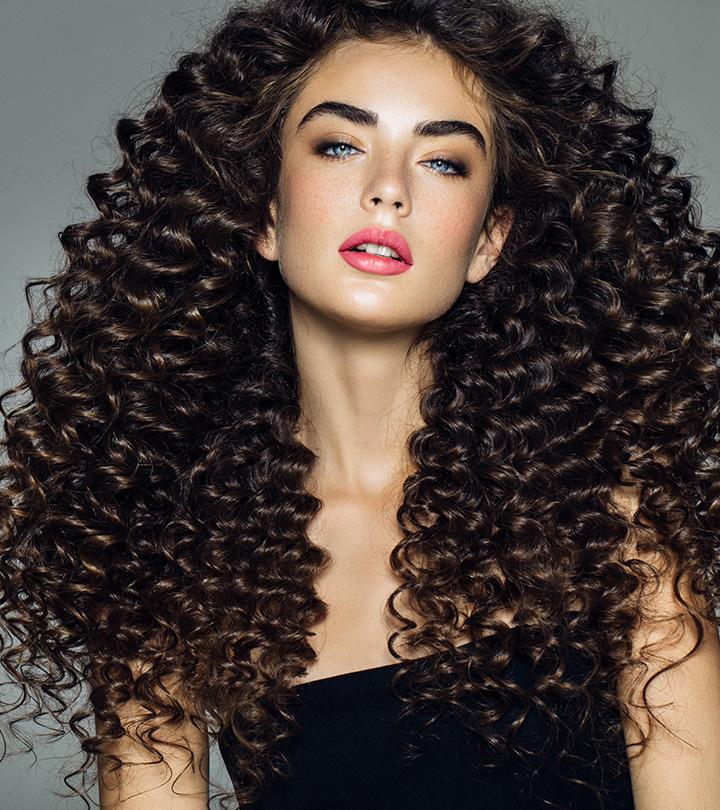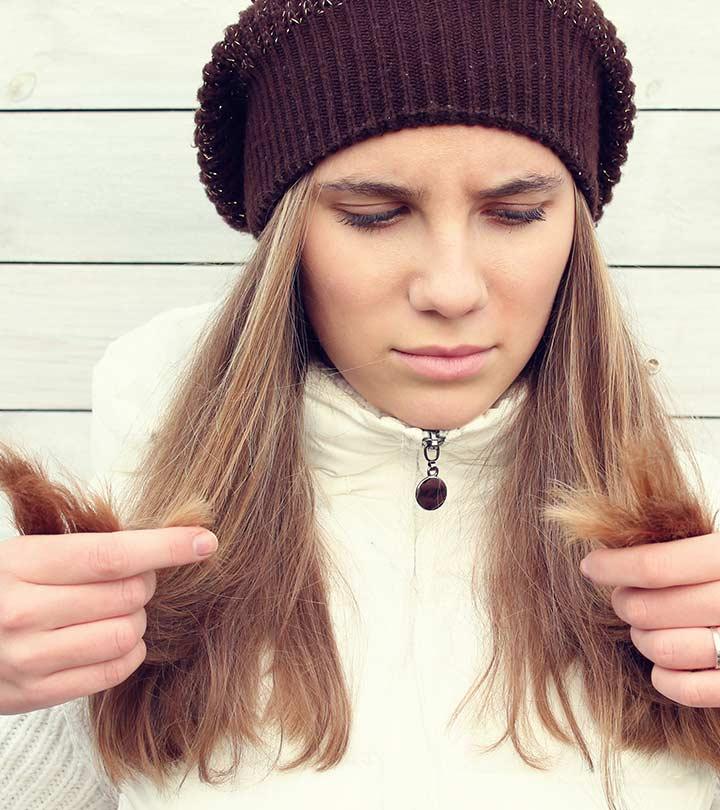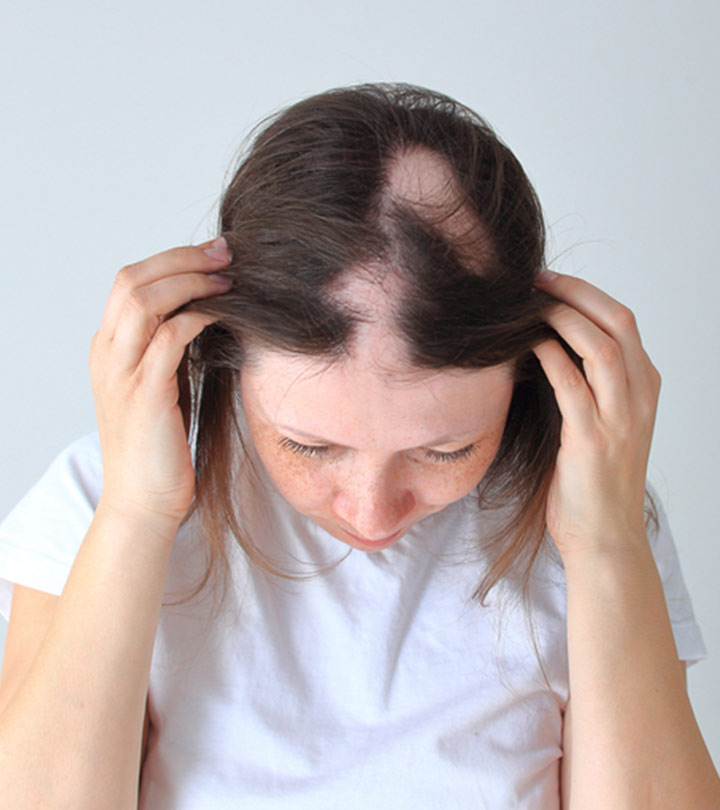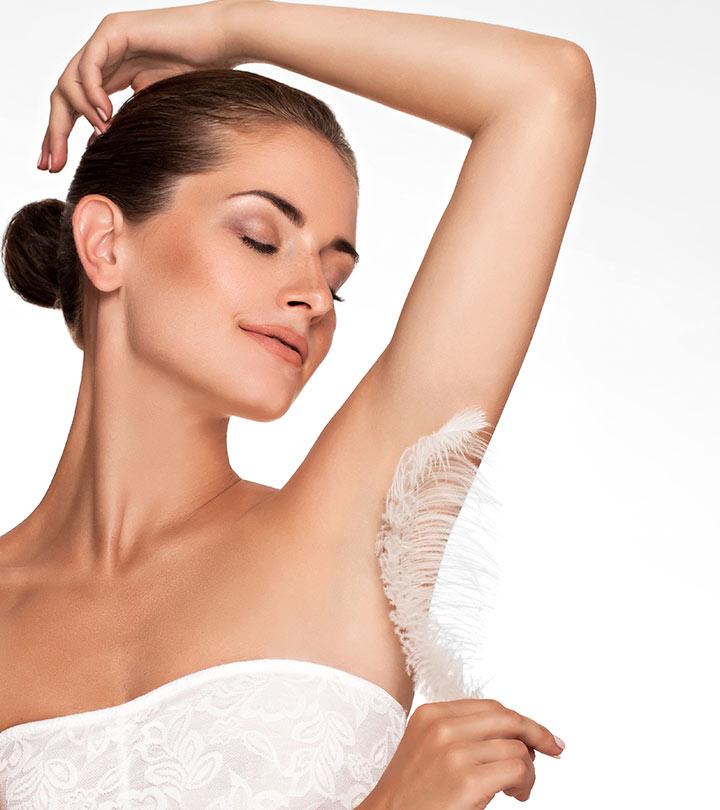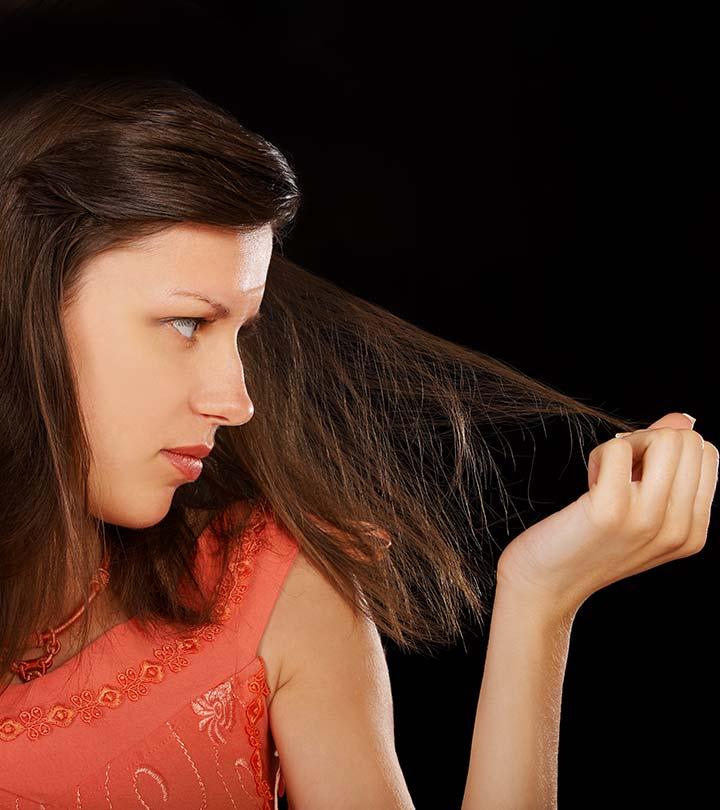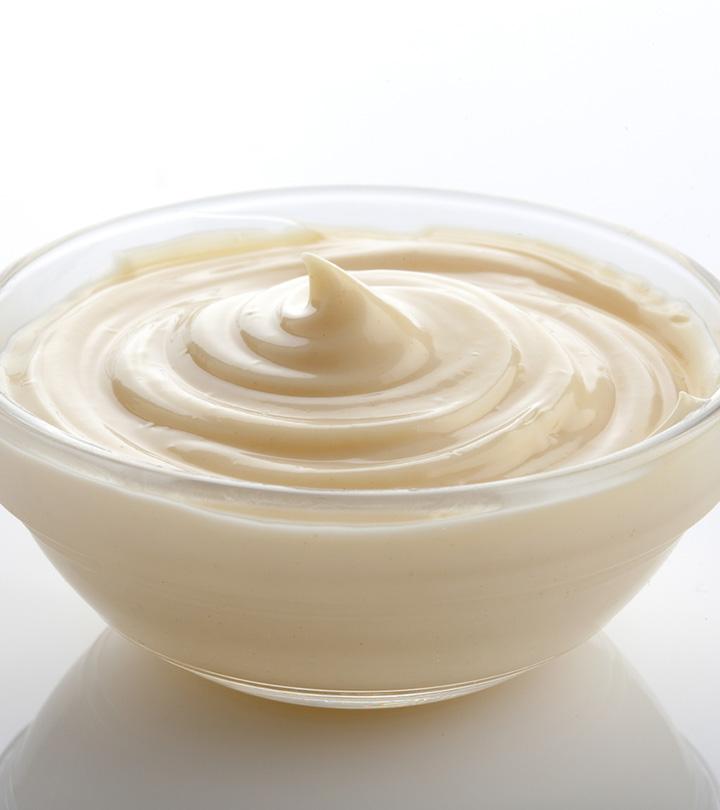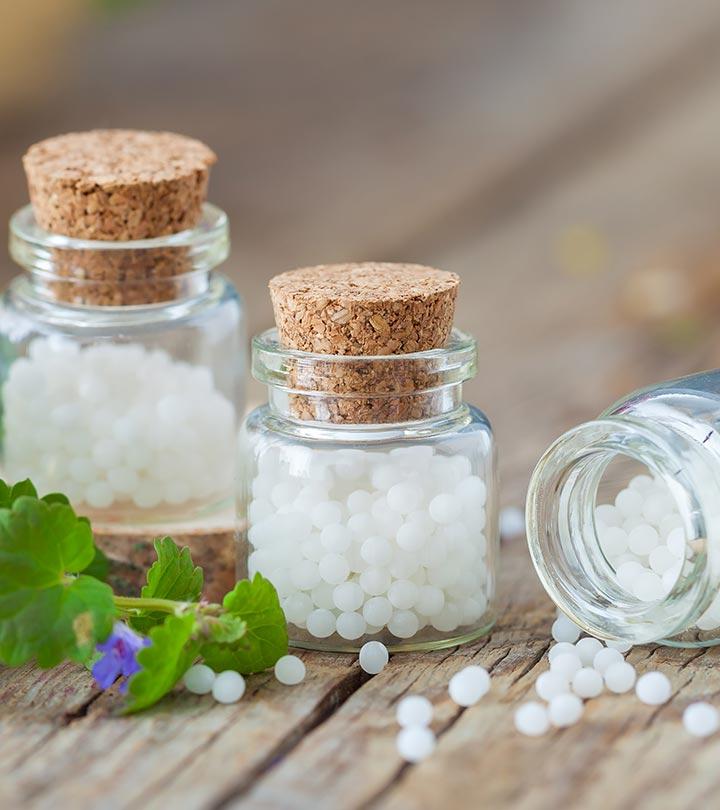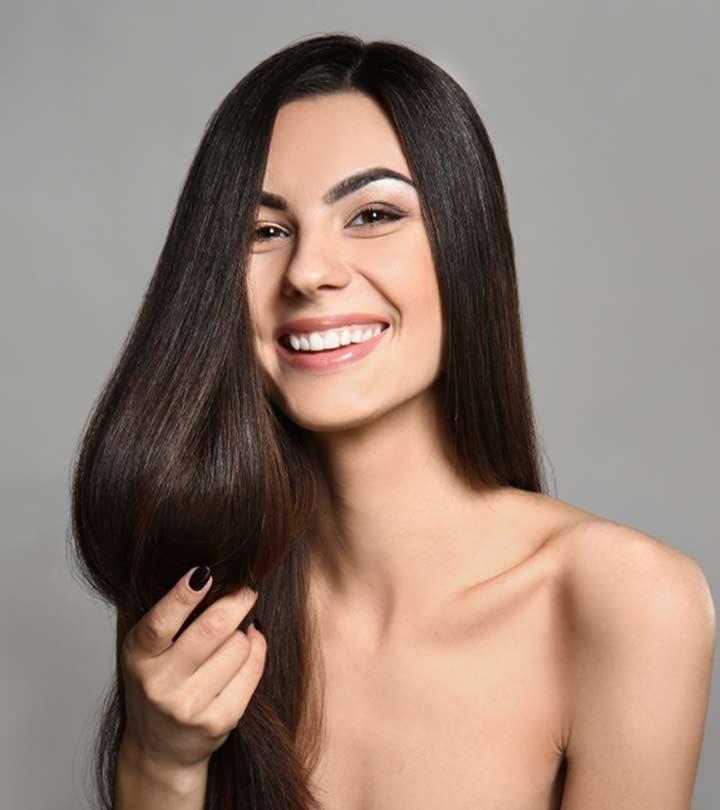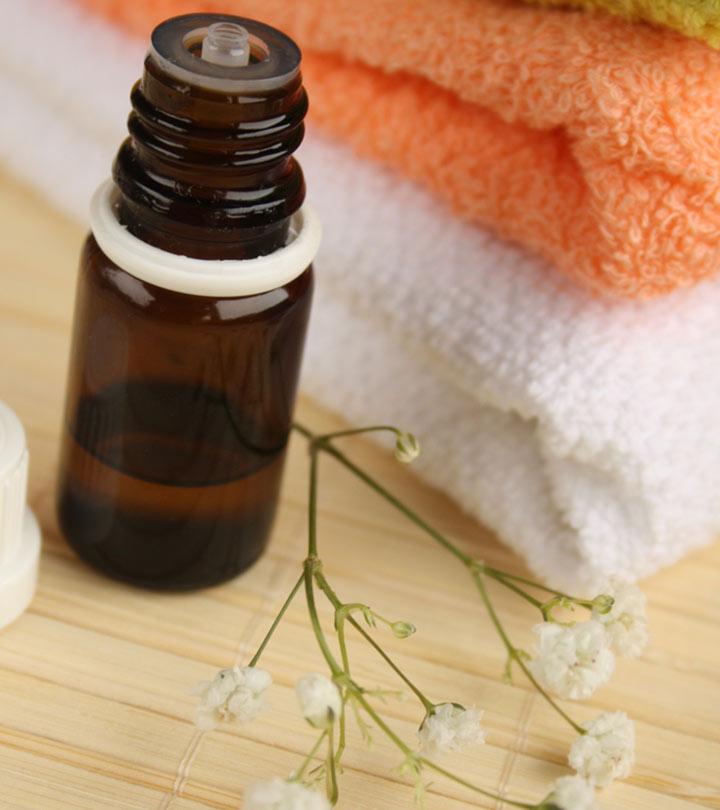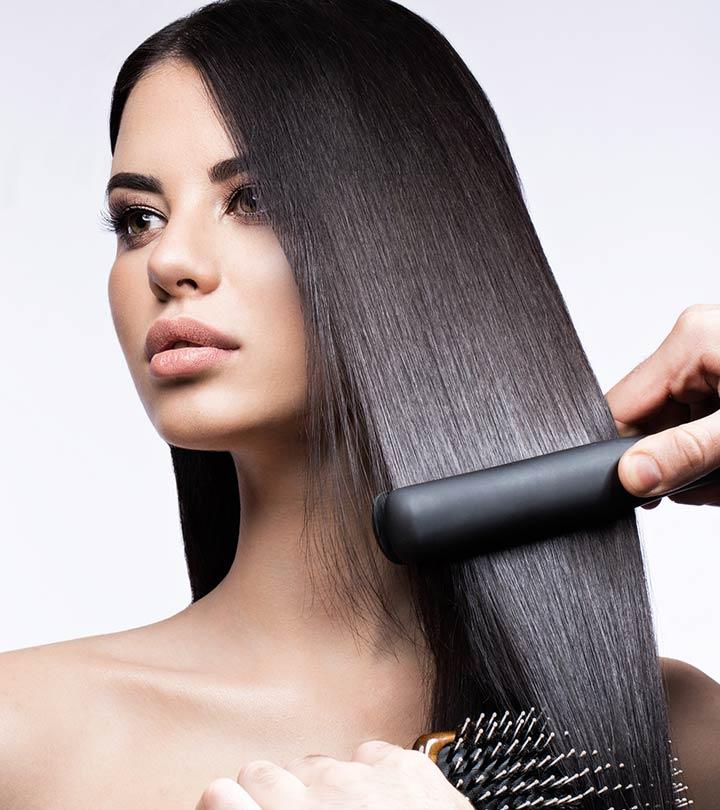Silicone Hair Treatment: How Does It Help Your Hair?
Dig into the pros, cons, and functions of this smoothening hair treatment.
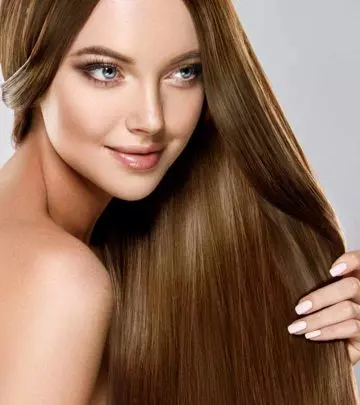
Image: Shutterstock
Many people opt for silicone hair treatment for the smoothening effect it provides. It gives your hair a frizz-free, smooth, and lustrous shine. It is the best fit for your hair care. With minimal effort, you can get beautiful silky hair. Read on to learn more about silicone treatment and how it works. Continue reading further to know more.
In This Article
What Do Silicones Do To Your Hair?
Silicones are man-made polymers known for their hydrophobic (water-repellant) characteristics. They may help retain moisture in the hair shaft. Silicones are among the key ingredients in many shampoos, conditioners, and other styling products.
Silicone works by forming a thin coating around your hair cuticle. This coating keeps your hair hydrated from within. It also keeps excess moisture from penetrating the hair shaft and ensures your hair does not go frizzy. Silicones are also known to protect your hair from heat damage caused by heat-styling tools (1), (2).
The advantage of silicones is they can be modified based on the products they are being used in. Silicones are hydrophobic as well as hydrophilic – while some types of silicone have a water-hating tendency, others have an affinity towards water (3).
The hydrophobic silicones help form a protective layer around the hair. They seal the moisture and keep hair frizz-free. Hydrophilic silicones, on the other hand, can be easily washed with water. They may help prevent static.
 Quick Tip
Quick TipWith so many advantages, are you still wondering if you should opt for a silicone hair treatment? Read the next section.
Why Should You Opt For A Silicone Hair Treatment?
A silicone hair treatment makes your hair smoother and shinier (1), (2). It gives more weight to your hair as it coats each strand. It also boosts hair volume. As we had seen earlier, the treatment minimizes the damage caused by heat-styling tools. It is a treatment that promotes hair repair and hair conditioning while imparting hair protection and nourishment to help reduce damage.
Another major advantage is that silicones also lubricate your hair, making it easier to be detangled.
 Quick Tip
Quick TipIt is important to note, nonetheless, that a silicone hair treatment has certain disadvantages too.
Silicone Hair Treatment Disadvantages
As the silicones create a protective layer around the hair cuticles, they may build up over time. The hydrophobic nature of silicones could make washing them out with a normal shampoo a challenge. Accumulation of silicone scalp buildups can dry your hair out and make it look dull (4). In some cases, these buildups can lead to hair breakage as well.
If the disadvantages of the silicone hair treatment concern you, check with your hairstylist or hair professional on how you can remove these buildups safely.
On another note, Deja Arielle, a YouTuber, tried silicon-based hair products and explained the condition of her hair. In her vlog, she says, “I bought a new leave-in and it just so happened to have silicones and really was not paying attention to how many silicones I was putting into my hair. And it’s getting really dry and breaking off (i).”
A silicone hair treatment may greatly benefit your hair and ensure that you have a fabulous hair day every day. Furthermore, adding volume to your tresses will make them appear fuller, thicker, and more appealing. Silicone treatment reduces damage from heat-styling tools and helps in detangling your tresses and leads to hair nourishment. However, keep in mind the drawbacks. It could lead to product build-up on your scalp that may dry your locks and cause hair breakage. Contact a competent stylist to do the procedure. We are certain that you will get the desired outcomes with the proper approaches.
Frequently Asked Questions
Do silicones cause hair loss?
Hair products containing silicone leave residue on the hair strands. This residue can clog your follicles and lead to damage and hair loss. You can remove this residue with a clarifying shampoo. Making sure that you have the correct hair care regimen before leaving your stylist is critical for your scalp and hair health.
Do silicones stop hair growth?
Silicones do not stop hair growth. They improve hair appearance and protect the hair from frizz.
Are silicones good for high-porosity hair?
High-porosity hair can get dry, brittle, tangled, and frizzy. Silicone coats the hair strands to prevent frizz and tangles. It makes high-porosity hair look healthy and smooth and restores hair shine.
Key Takeaways
- A silicone-based hair treatment moisturizes and strengthens hair while minimizing the damage from heat-styling tools.
- It seals moisture to keep your hair healthy and frizz-free, making it easier to detangle.
- However, while silicone increases hair volume, it can dry your hair out and make it dull if it builds up on your scalp.
Image: Stable Diffusion/StyleCraze Design Team
Want to know about hair silicone treatment? If the idea intrigues you, quickly click on this video to know how it helps to give you smooth, sleek hair and decide if it’s the thing for you.
Personal Experience: Source
StyleCraze's articles are interwoven with authentic personal narratives that provide depth and resonance to our content. Below are the sources of the personal accounts referenced in this article.
i. My Silicone Detox Experiencehttps://www.youtube.com/watch?v=QqrawGJQVIU
References
Articles on StyleCraze are backed by verified information from peer-reviewed and academic research papers, reputed organizations, research institutions, and medical associations to ensure accuracy and relevance. Read our editorial policy to learn more.
- Silicones: use of substantive properties on skin and hair
https://pubmed.ncbi.nlm.nih.gov/19456912/ - Hair Cosmetics: An Overview
https://www.ncbi.nlm.nih.gov/labs/pmc/articles/PMC4387693/ - Effects of functional groups on surface pressure-area isotherms of hydrophilic silicone polymers
https://pubmed.ncbi.nlm.nih.gov/17073480/ - Pro and Contra of Cleansing Conditioners
https://www.ncbi.nlm.nih.gov/labs/pmc/articles/PMC6489037/





